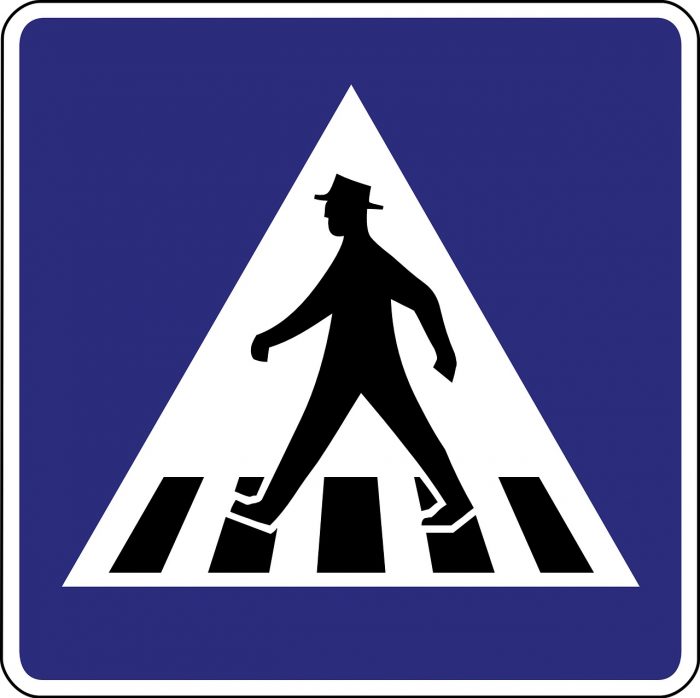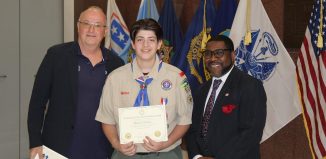Editorial: Walking on thin roads — Suffolk County’s pedestrian perils
Across the North Shore of Suffolk County, our roads are dangerous, and the public safety risks seem to multiply.
Statistics from the county website indicate that 546 of our fellow residents died while walking, bicycling, riding a motorcycle or driving in our county between 2017 and 2021. That startling figure is higher than any other New York county during the same period.
Some traffic fatalities and injuries are likely unavoidable. In a country that constitutionally protects the sale of alcohol and a state that legalizes recreational marijuana, some instances of intoxicated driving seem inevitable. For those who drive drunk or high, there should be stricter penalties.
But other traffic fatalities and injuries are preventable.
Many communities around the TBR News Media coverage area lack extensive sidewalk networks, meaning those who wish to walk, jog or bike do so along public roadways.
The glaring problem with this arrangement is that many of our roadways, such as state Route 25A, are far too narrow to accommodate lanes for vehicular traffic, pedestrians and bicyclists simultaneously. Poor street lighting further complicates the situation.
Earlier this year, the New York State Department of Transportation painted share markings onto 25A, signaling to drivers that they must share the roadways with bicyclists. We find NYSDOT’s striping efforts deeply counterproductive, suggesting the agency lacks familiarity with our dire roadway realities.
Especially along the North Shore, with its beautiful active-use transit options — such as the Setauket-Port Jefferson Station Greenway and the North Shore Rail Trail — pedestrians and bikers should be discouraged from using the roadways for leisure purposes. Why risk a fatal injury when there are miles of paved surfaces designed to offer a safe alternative?
We find most frustrating the numerous pedestrians who exercise little or no caution while walking at night. These reckless pedestrians add another unnecessary burden to our already overtaxed roads.
These nightwalkers, often wearing dark clothing without a flashlight or reflective gear — place too much responsibility on drivers, who have enough to worry about while behind the wheel. These are merely terrible accidents waiting to happen — and they recur week after week.
We encourage walkers to use the available hike-bike trails whenever possible instead of walking on the streets. If we must walk on local roadways late at night, we can, at a minimum, wear bright colors, use reflective gear for our dogs and ourselves, and shine the flashlights on our smartphones.
All these actions help alert drivers of our presence, reducing the risk of a traffic tragedy.
We encourage NYSDOT and our county, town and village officials to continue advocating for and promoting walkability by constructing new sidewalks while expanding and connecting linear parks. And we advise all drivers to stay on high alert — and respect speed limits.
Let us take the appropriate safeguards to make our streets safe for all — because even one pedestrian fatality is one too many.







